




The movies you love best aren’t always the ones whose ideas you agree with. D.W. Griffith’s Birth of a Nation is easy to admire for its technical innovation but easy to despise for its virulent racism; the Nazi hagiography Leni Riefenstahl’s Triumph of the Will has similar pleasures – and problems. Sam Peckinpah’s 1971 masterpiece Straw Dogs isn’t as overtly problematic as those films. It’s not viciously racist, nor does it glorify totalitarianism. But it’s messy stuff all the same. The surface violence that made it famous in 1971 looks more or less timid now, but the deep cynicism at the core of the movie – this is a world where intelligence is suspect, murder equals redemption, and rape is almost tolerable – is still chilling.
 Dustin Hoffman plays the hero, David Sumner, and at first he seems to be continuing in the string of nebbishy neurotic roles he took previously in The Graduate and Midnight Cowboy. A mild-mannered American college professor, he’s arrived in western England with his wife Amy (a brave and brilliant Susan George) so he can have peace and quiet to work on his “astral mathematics.” The small town, full of sad stone houses and often cloaked in fog, is where Amy grew up, and she’s almost immediately stalked by a passel of alcoholic locals. The film’s first five minutes has some virtuosic foreshadowing in it, giving us shots of David and Amy carrying a large and intimidating “mantrap” (basically a man-sized bear trap); tight shots of thuggish locals like Charlie (Del Henney) getting too close to the pair; a shot of Amy’s sweatered chest, noticeably bra-less, which will become an important plot point later. Subtly and quickly, Peckinpah announces his three themes: sex, intimidation, and violence. It’s gonna be interesting, but it’s not gonna be easy to get through.
Dustin Hoffman plays the hero, David Sumner, and at first he seems to be continuing in the string of nebbishy neurotic roles he took previously in The Graduate and Midnight Cowboy. A mild-mannered American college professor, he’s arrived in western England with his wife Amy (a brave and brilliant Susan George) so he can have peace and quiet to work on his “astral mathematics.” The small town, full of sad stone houses and often cloaked in fog, is where Amy grew up, and she’s almost immediately stalked by a passel of alcoholic locals. The film’s first five minutes has some virtuosic foreshadowing in it, giving us shots of David and Amy carrying a large and intimidating “mantrap” (basically a man-sized bear trap); tight shots of thuggish locals like Charlie (Del Henney) getting too close to the pair; a shot of Amy’s sweatered chest, noticeably bra-less, which will become an important plot point later. Subtly and quickly, Peckinpah announces his three themes: sex, intimidation, and violence. It’s gonna be interesting, but it’s not gonna be easy to get through.
Because Peckinpah is so skilled at shading the mood of the neighborhood, it’s easy to lose track of how swiftly everything goes wrong for David and Amy. David refuses to pressure Charlie and his mates to finish some roofing work on their house faster, leading Amy to berate David as wimpy and unmanly; the thugs catch on to the internal strife, leading them to continue their intimidation inside the couple’s home via a dead cat; David’s foolish attempts at a reasonable reconciliation leads to Amy being raped by Charlie and a fellow hooligan. And there’s a distressing moment in that rape scene that’s played like erotica – as if Amy is enjoying her violation, the better to spite her husband for his spinelessness.
So, to recap: Americans and academics are wimps and fools, Brits are alcoholic and violence-prone, all outsiders deserved to be abused and mocked, and rape isn’t just a weapon of power men use against women – it’s a weapon women use against the well-meaning but shiftless men who fail to protect them. All of this comes into play in the final act of Straw Dogs, where the townspeople attempt an assault on David and Amy’s home. Part of the genius of the film’s final sequence is that the violence is so multi-layered, practically symphonic: David not only has to defend himself and his home (mostly without a gun), he has to decide if his own wife is worth defending and rethink his old ideas about authority figures (policemen aren’t dealt with sympathetically here).
Straw Dogs sprang out of the early ‘70s as part of a string of movies that sympathized with vigilante justice; Joe, Dirty Harry and Dog Day Afternoon, among others, all argued that a lone gunman had more morals and authority than a national justice system. Straw Dogs is the grittiest of the bunch, and the one most willing to toss us down the rabbit hole into a confused and bloody moral universe. The title isn’t explained in the film, but it comes from the Taoist Manual I Ching, which has a passage stating that heaven and earth treats all of us like straw dogs – in other words cheap and easily disposable things. That’s a hard sentiment to get behind personally, but it plays out with ferocious brilliance on film.
Review by Mark Athitakis © 2003 filmcritic.com







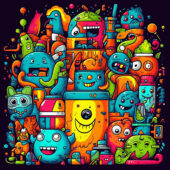









![Chicago Loop State Lake Theatre Casino Royale Marquee (1967) Photo [210907-6]](https://www.filmfetish.com/img/p/2022/11/210907-6-theater-state-lake-11x85-web-170x170.jpg)
![Zebra Stampede Photo [210809-0002]](https://www.filmfetish.com/img/p/2021/08/210809-0002-11x85-web-170x170.jpg)
![Japanese Cultural Float at 2012 National Cherry Blossom Parade and Festival Photo [210809-0006]](https://www.filmfetish.com/img/p/2021/08/210809-0006-11x85-web-170x170.jpg)
![Downtown Las Vegas Fremont Street The Mint, Boulder Club and Joe W. Brown’s Horseshoe Photo (1950s) [220417-6]](https://www.filmfetish.com/img/p/2022/10/220417-6-las-vegas-mint-11x85-web-170x170.jpg)










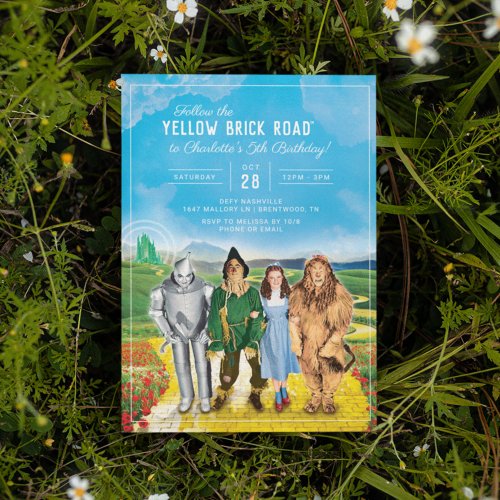
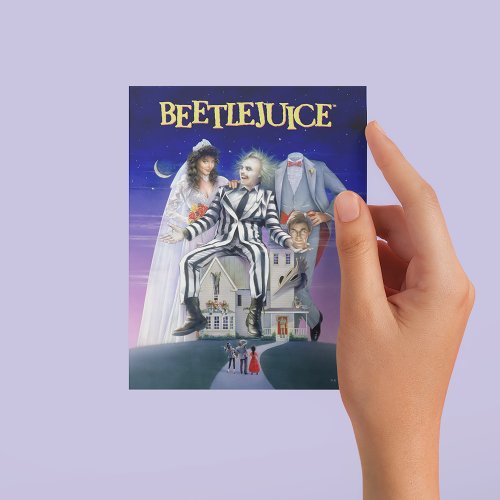


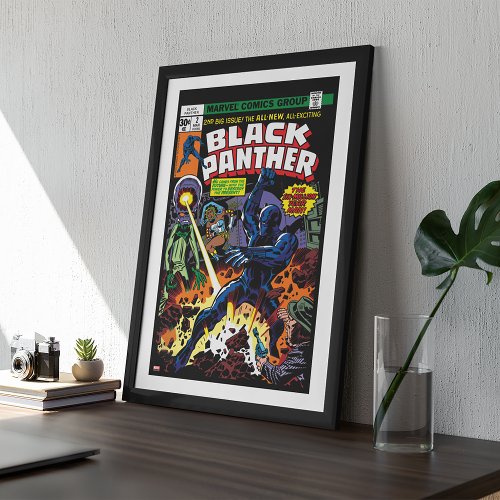


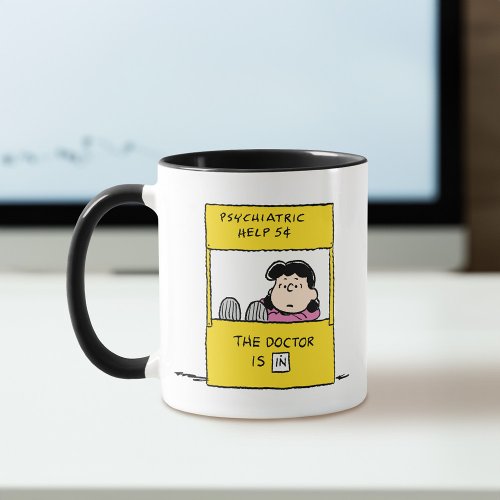




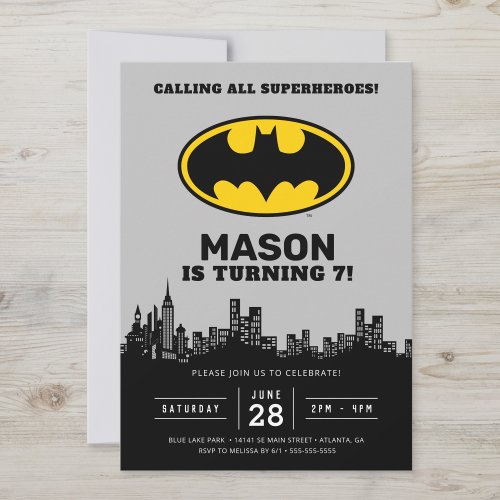
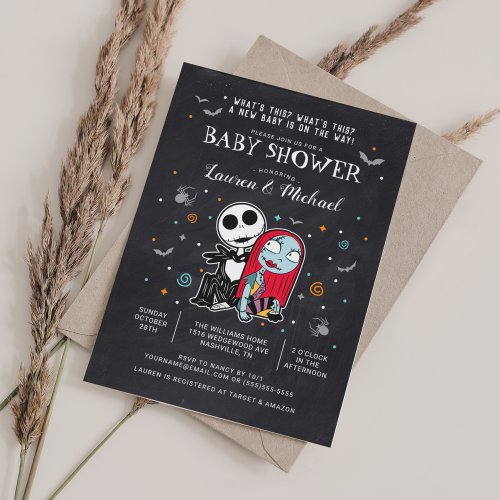

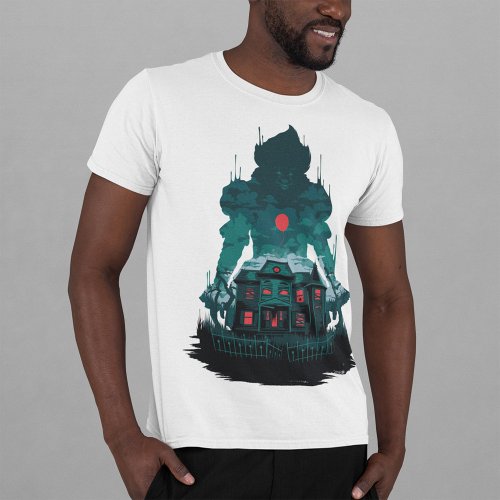

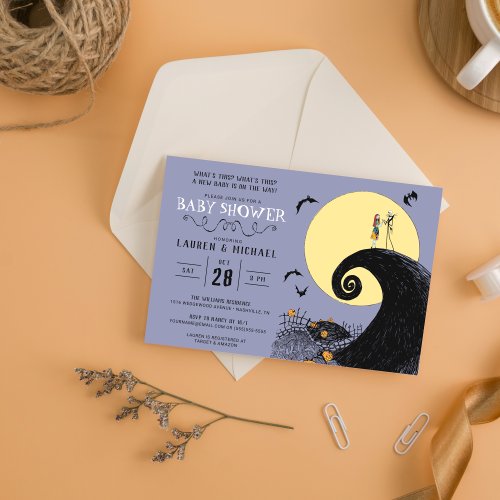


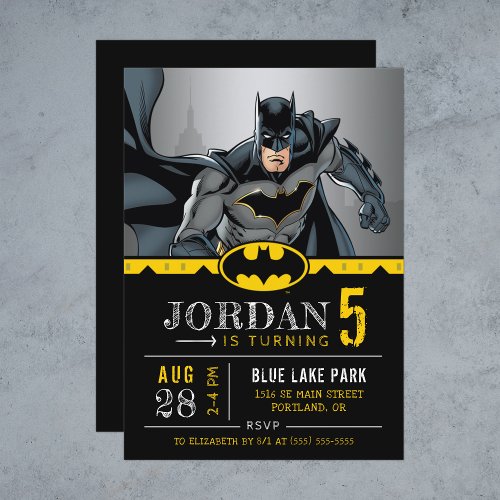

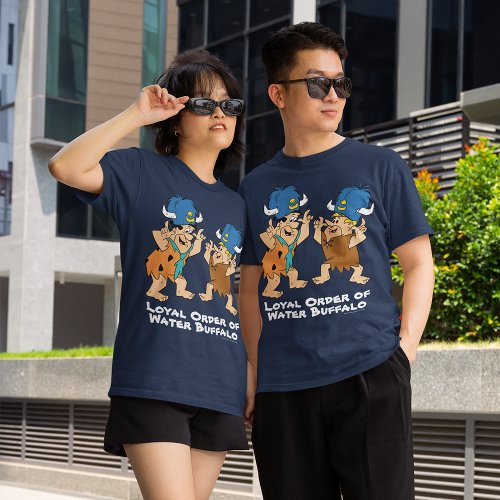
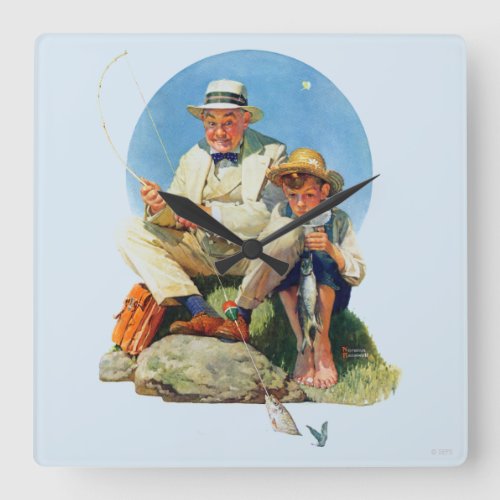
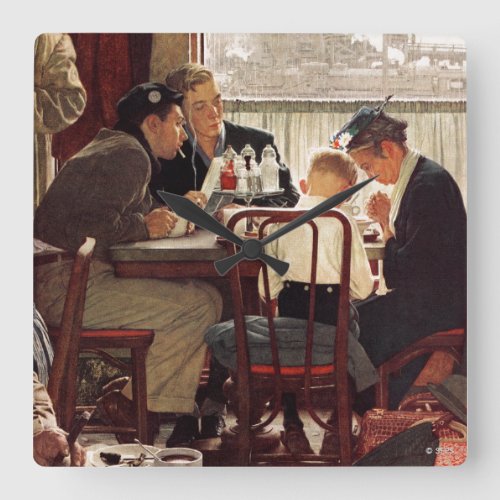

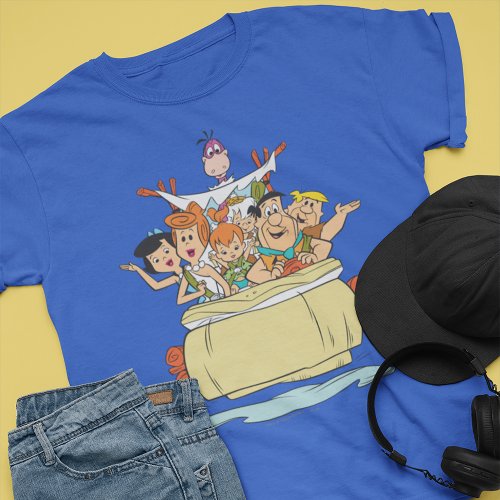


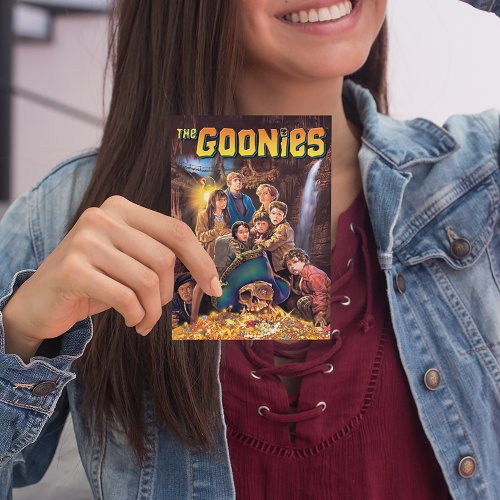

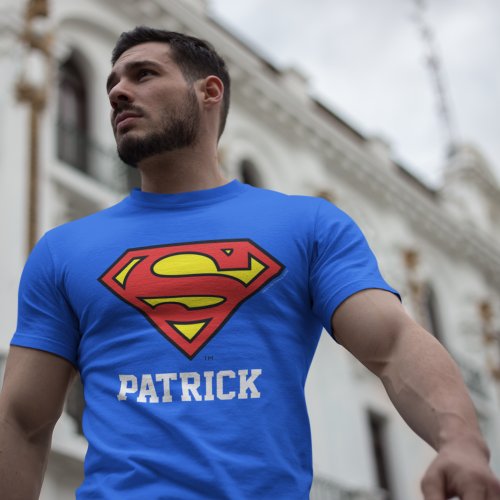
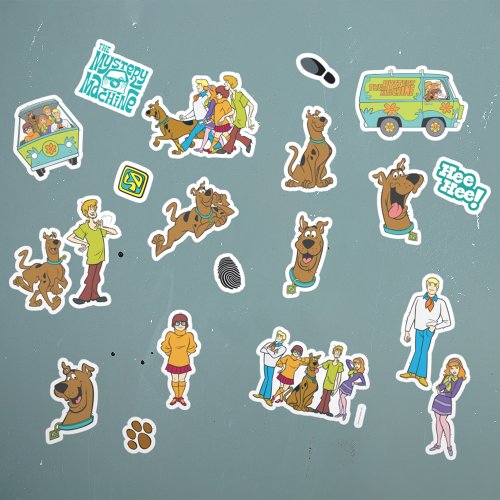

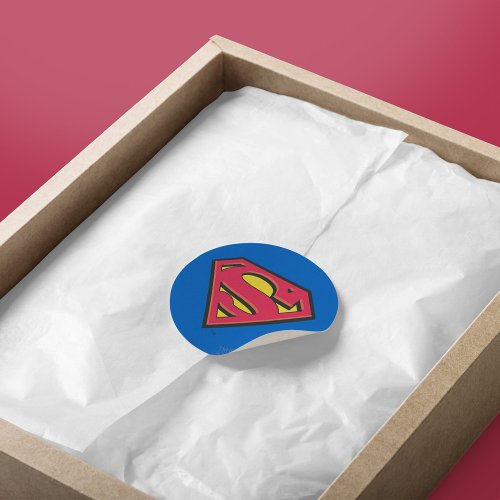


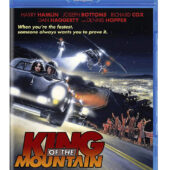
![Wicked Appetite (Lizzy and Diesel) Hardcover by Janet Evanovich [S89]](https://www.filmfetish.com/img/p/2022/12/P1450489--170x170.jpg)

![Death on Blackheath: A Charlotte and Thomas Pitt Novel Hardcover by Anne Perry [S70]](https://www.filmfetish.com/img/p/2022/12/P1450375--170x170.jpg)
![Premiere Magazine (November 2002) Nicole Kidman Meryl Streep Julianne Moore [9114]](https://www.filmfetish.com/img/p/2022/04/premiere-9114-01-170x170.jpg)


![Beyond A Reasonable Doubt 2009 Original 27×40 inch Movie Poster Signed by Michael Douglas, Jesse Metcalfe and Amber Tamblyn [D48]](https://www.filmfetish.com/img/p/2020/12/beyond-a-reasonable-doubt-poster-d48-01-170x170.jpg)